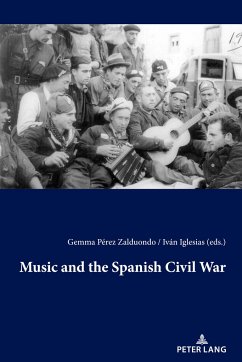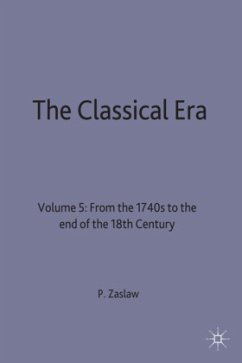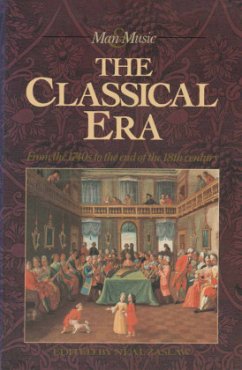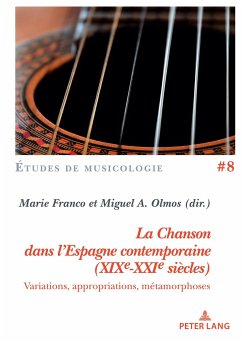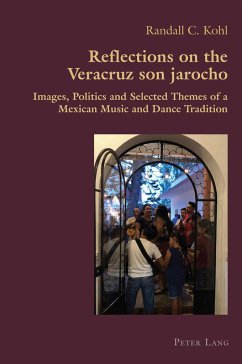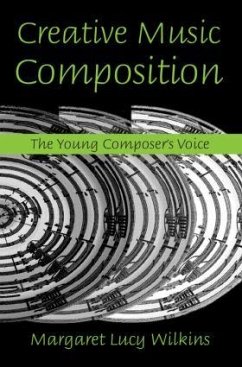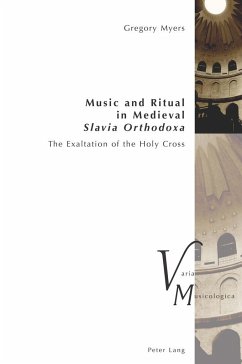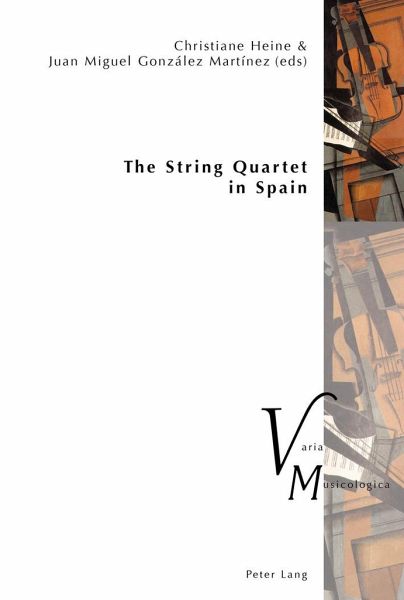
The String Quartet in Spain
Versandkostenfrei!
Versandfertig in 6-10 Tagen
118,75 €
inkl. MwSt.

PAYBACK Punkte
0 °P sammeln!
This is the first monograph from a scientific perspective dealing with the String Quartets composed in Spain from the eighteenth century up to the present. It is the outcome of the research and thorough study of specific works, undertaken by twenty-one musicologists, archivers and performers, together with four Spanish composers. It aims both to offer an overview of the current state of research on the primary and secondary sources available, and to trace the history of the genre by examining its genesis, development and reception in the European context. All this fosters an understanding of: ...
This is the first monograph from a scientific perspective dealing with the String Quartets composed in Spain from the eighteenth century up to the present. It is the outcome of the research and thorough study of specific works, undertaken by twenty-one musicologists, archivers and performers, together with four Spanish composers. It aims both to offer an overview of the current state of research on the primary and secondary sources available, and to trace the history of the genre by examining its genesis, development and reception in the European context. All this fosters an understanding of: (1) the position of the genre in Spain from its emergence until nowadays, (2) its aesthetics and main compositional features in each period, (3) its idiosyncratic peculiarities, and (4) the particular challenges that it has posed along its history. In addition, other goals are: to banish some prejudices about Spanish chamber music, to contribute to the recuperation of a significant part of the Spanish musical heritage, and to provide scholars and performers with the musical sources, aiming at facilitating the knowledge and diffusion of a corpus of noteworthy yet barely known works.
Der Band befasst sich mit der Entwicklung des Streichquartetts in Spanien vom achtzehnten Jahrhundert bis zur Gegenwart. Er enthält 24 Studien zu Komponisten und konkreten Werken aus unterschiedlicher Perspektive und gibt Auskunft über die bis dato lokalisierten Primär- und Sekundärquellen.
Der Band befasst sich mit der Entwicklung des Streichquartetts in Spanien vom achtzehnten Jahrhundert bis zur Gegenwart. Er enthält 24 Studien zu Komponisten und konkreten Werken aus unterschiedlicher Perspektive und gibt Auskunft über die bis dato lokalisierten Primär- und Sekundärquellen.






